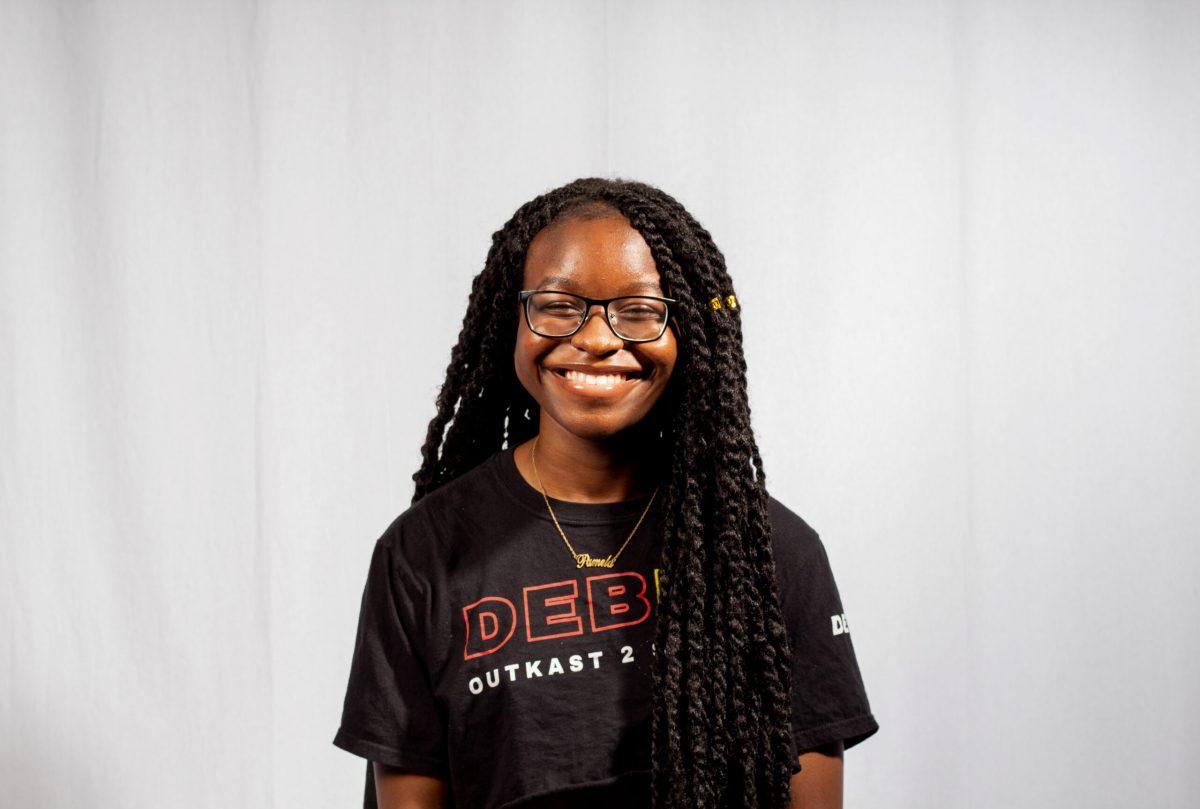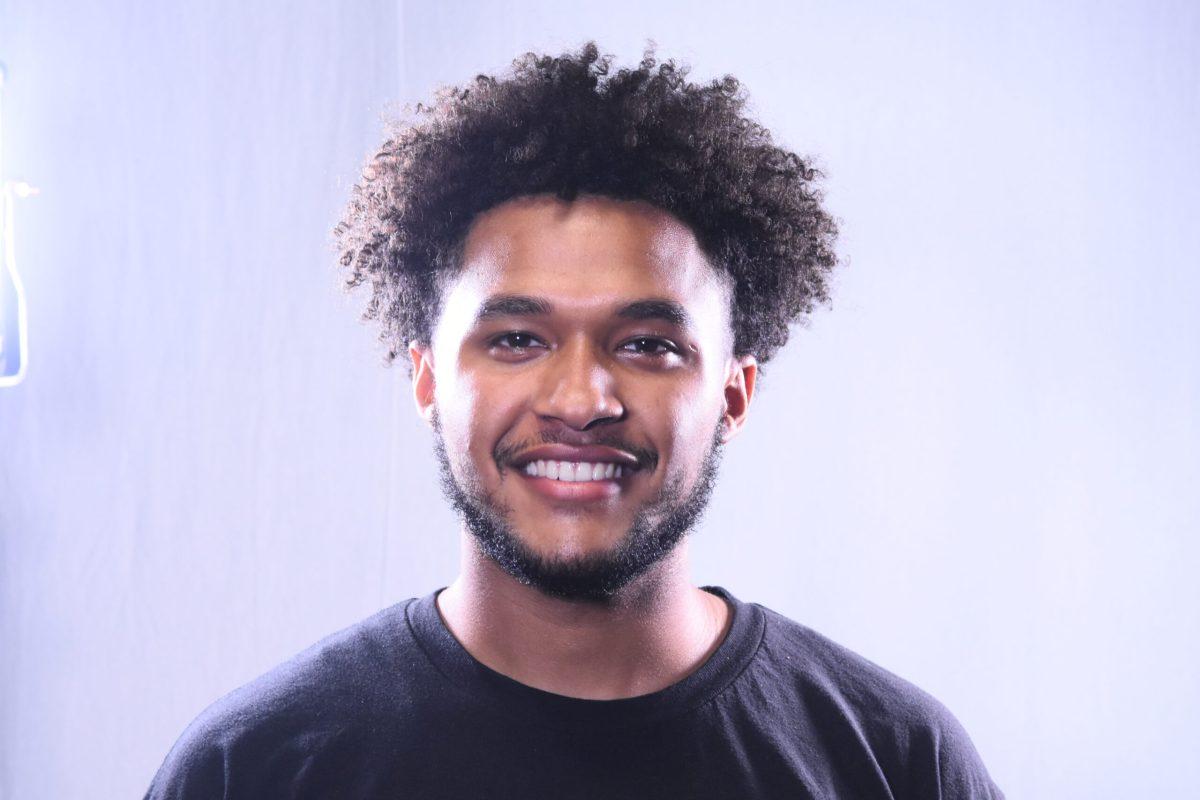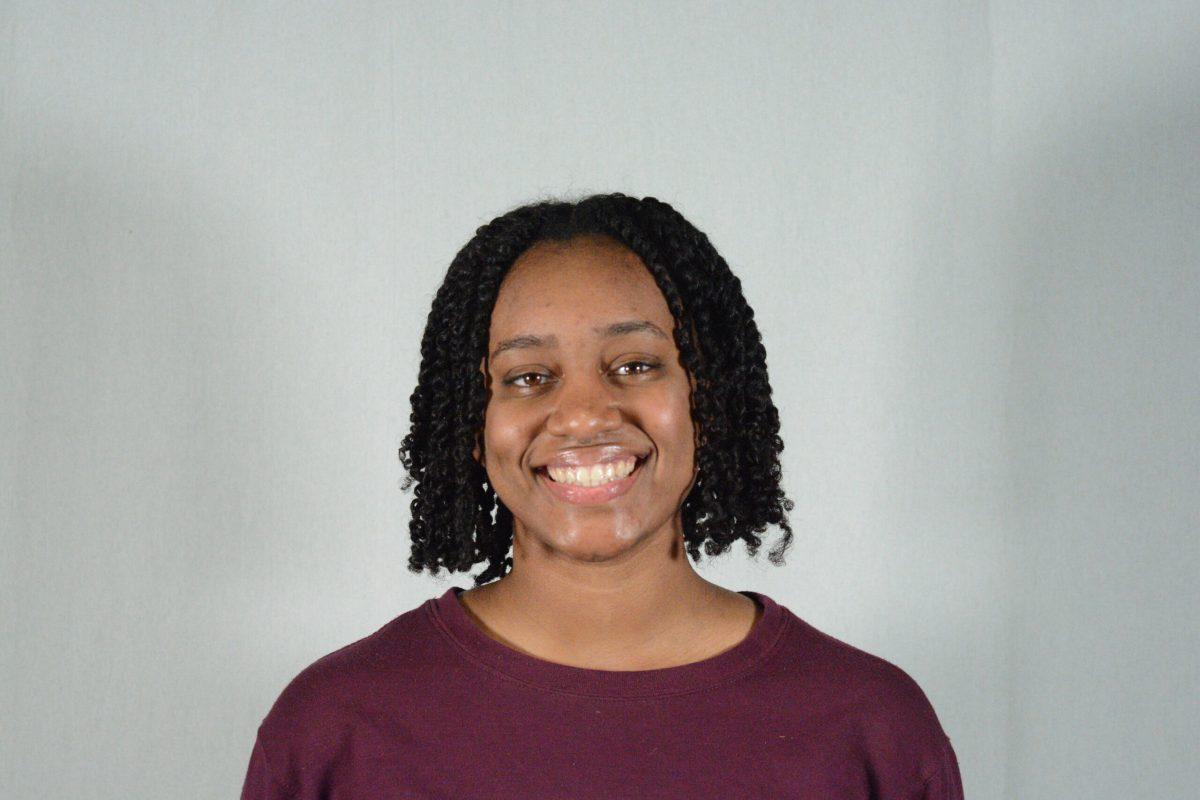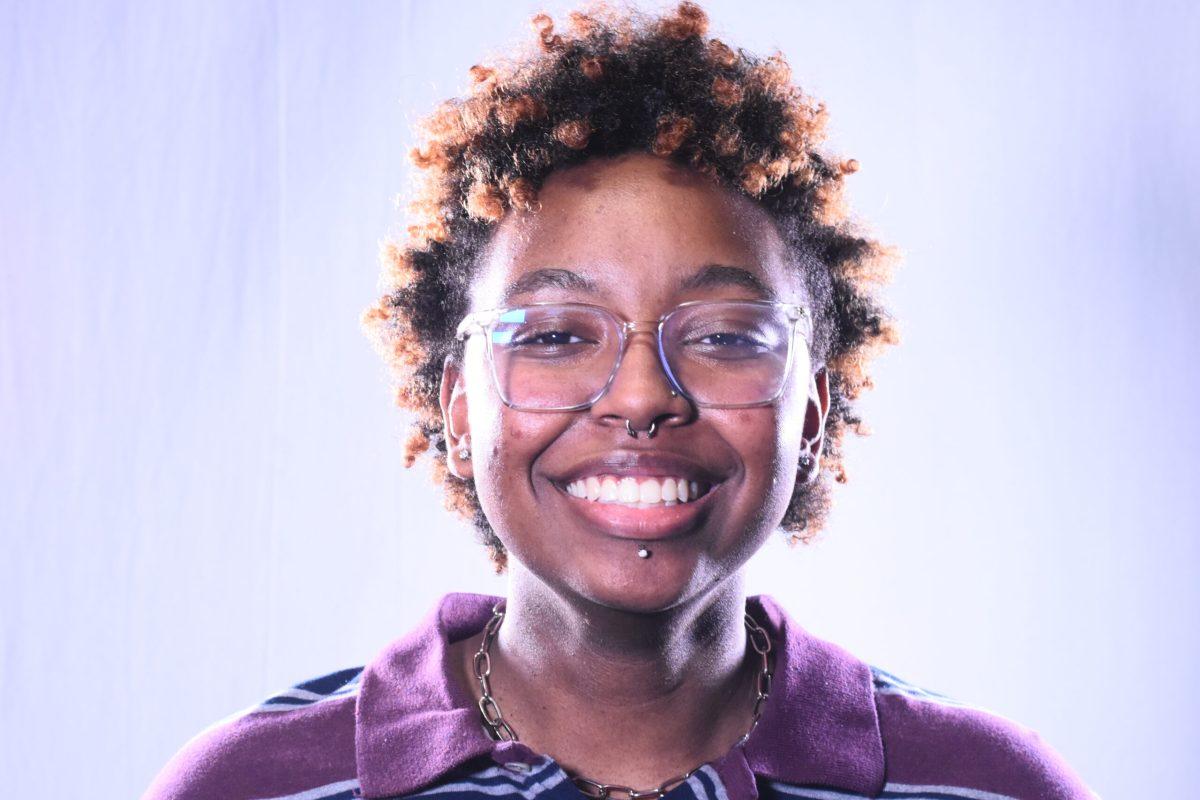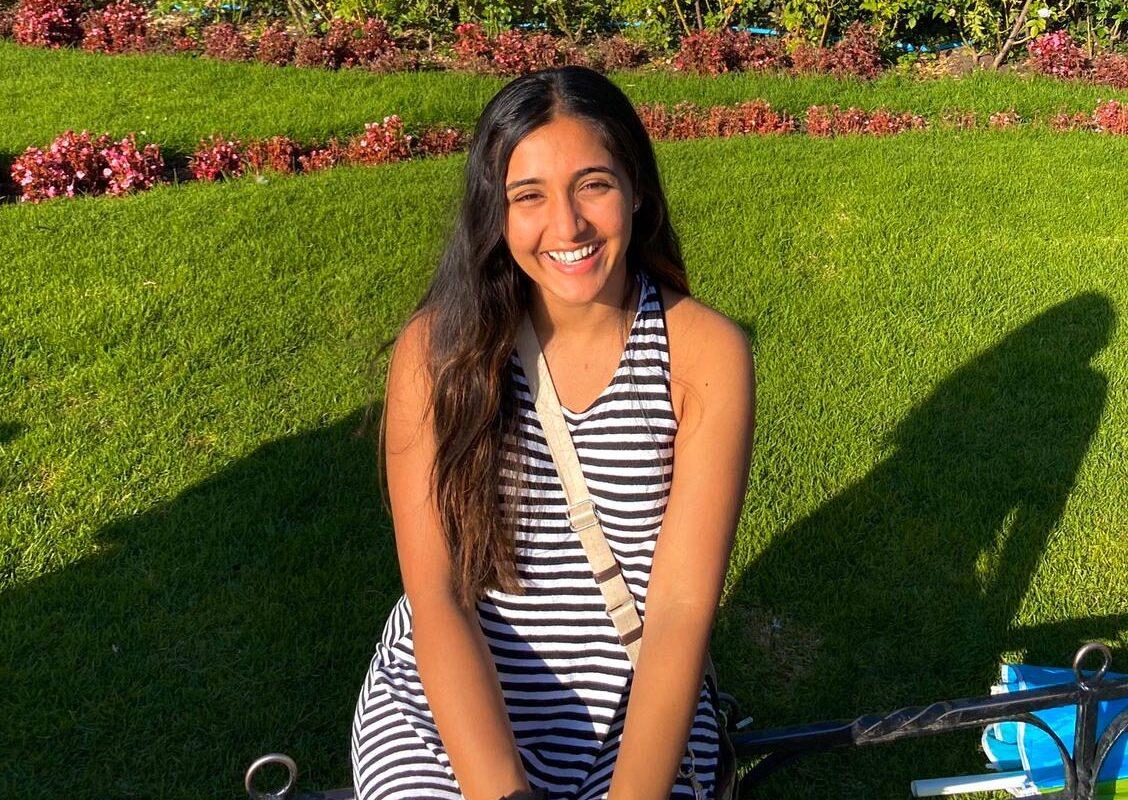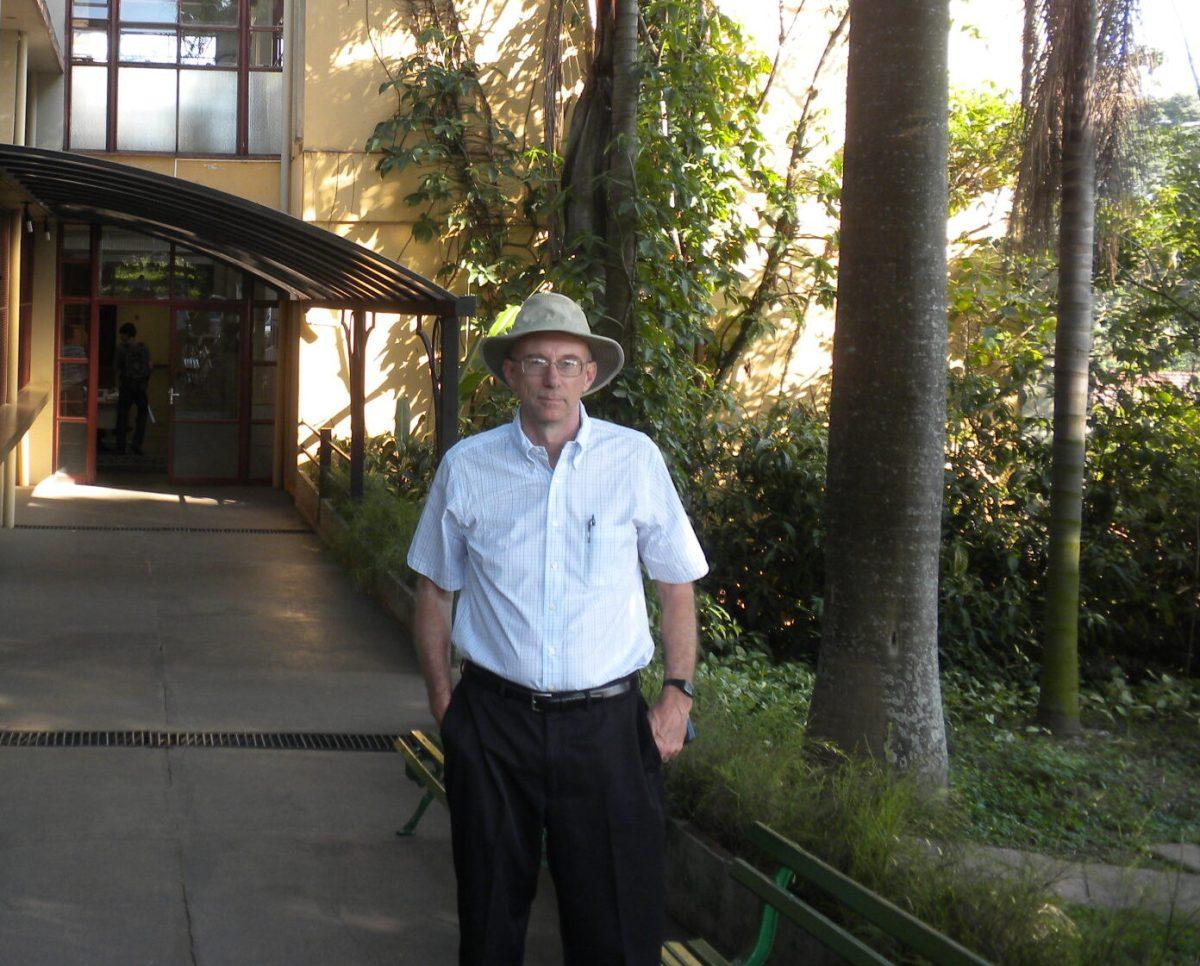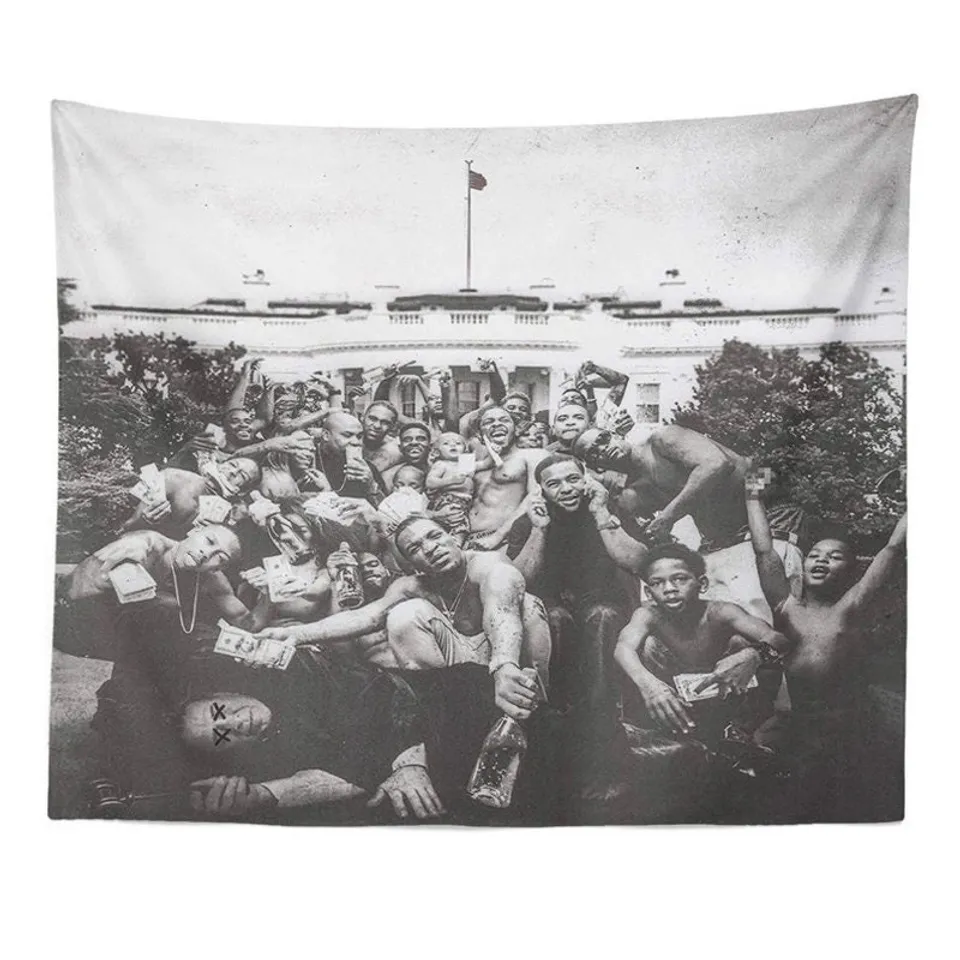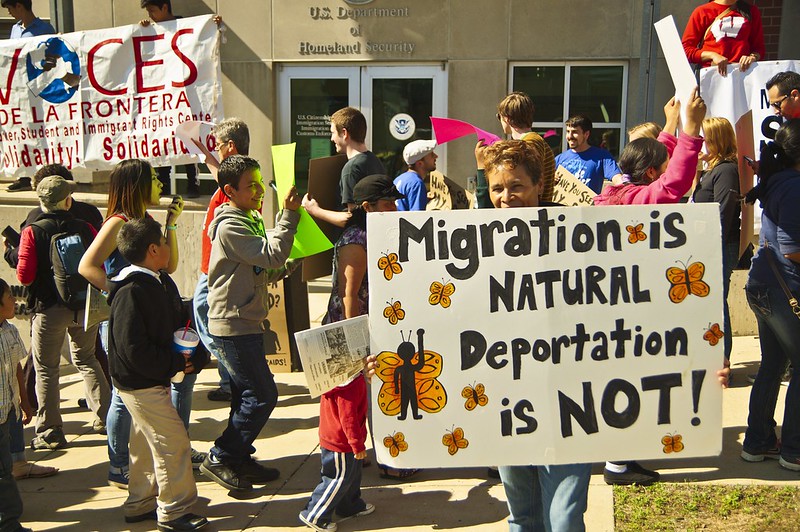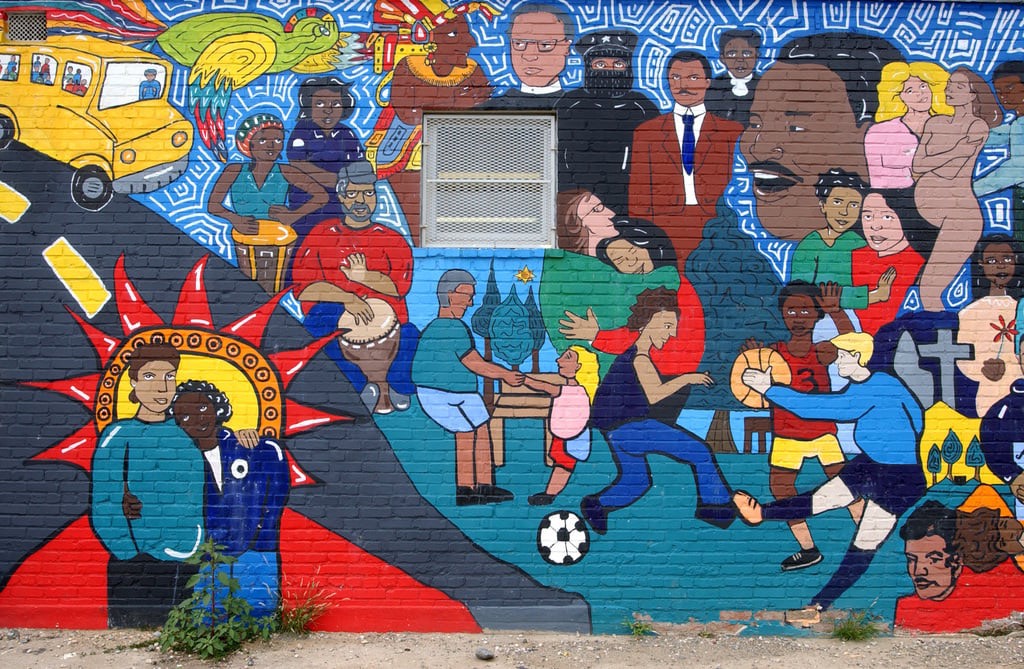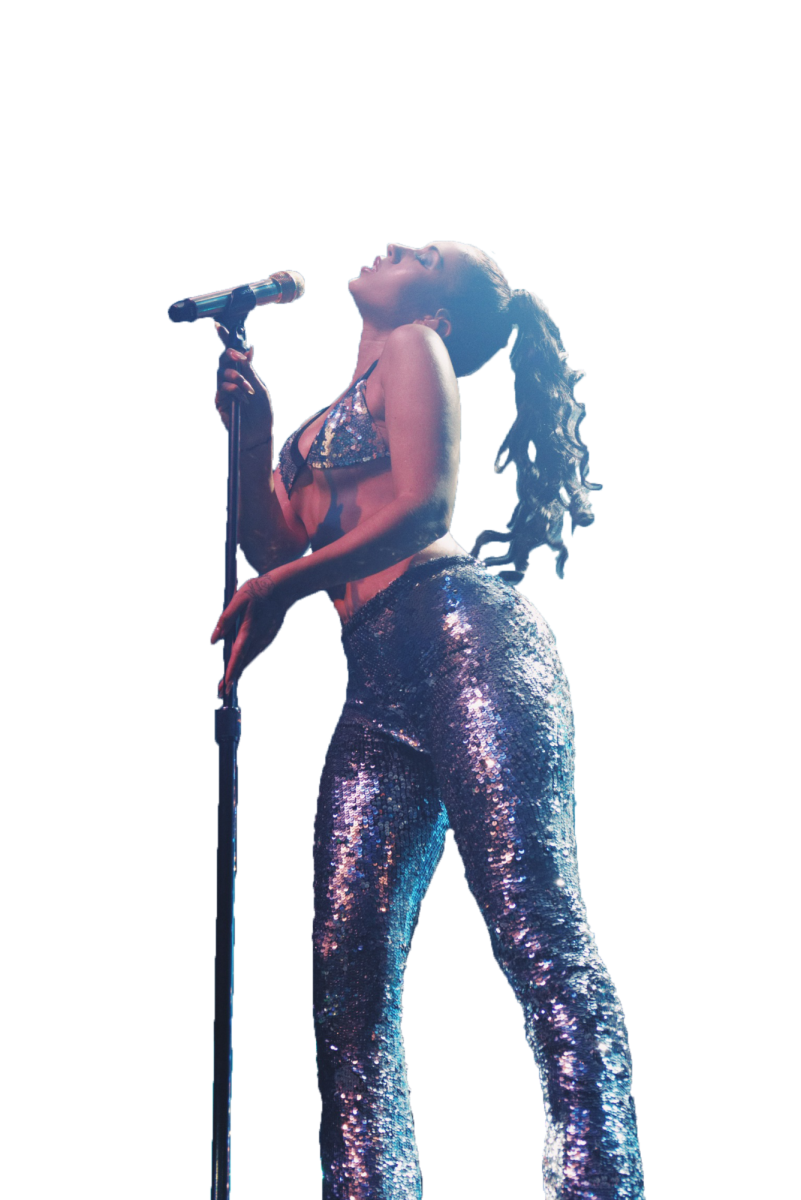Shawn Fredericks | Staff Writer
#MeToo is a phenomenon that is taking over the globe, from #Yoweshi in China to the hills of Bollywood and Mollywood, where South Asian women are challenging the sexist practices of the film industry.
The hashtag started in the U.S. in 2017 with actress Alyssa Milano. Milano called for survivors of sexual assault and harassment to come forward and share their stories. The MeToo movement was created by a black woman and activist Tarana Burke and has lead to the uprooting of powerful men in the workplace and calls for more attention to the issue of sexual misconduct.
Here in North Carolina, specifically in Wake County, several organizations that service survivors have seen an increase in survivors seeking assistance. As reported by InterAct of Wake County, which offers domestic and sexual assault services, the county has seen an increase of seventy percent of sexual assault because of the #MeToo movement.
The #MeToo wave has touched our college campuses as well. UNCW recently held a #MeToo panel discussion about the inception of the movement and its implication. What is more important is the institutional support behind their event. The event had representatives from Centro Hispano, the Watson College of Education, the department of History, and the director of UNC Wilmington’s Collaboration for Assault and Response Education (CARE). The only NC State entity that has held programming on campus surrounding #MeToo is a student organization. UNC-Chapel (and I will say “Go Heels” for this) is actually reevaluating its sexual assault policies because of the #MeToo movement, as reported by the News & Observer.
This poses a very critical and crucial question: Why hasn’t NC State joined #MeToo?
This campus is 30,000 large. Why aren’t there more sexual assault cases coming into the light? What is keeping survivors from reporting the violation inflicted on them? What about NC State is keeping survivors suffering in the shadows and withholding justice to their offenders? All of these are rhetorical questions that I do not have the answer to. However, this is a problem the campus needs to address.
Our society has oppressed women, especially women of color, from politicizing their bodies to promoting and maintaining a culture that encourages sexual misconduct and violence against them. I can say without a doubt that our society is sick; it is need of treatment and a part of that treatment is the #MeToo movement.
Women of color are very susceptible to sexual violence and misconduct, and oftentimes their experiences go underrepresented in these movements. Let us not forget that most sexual assault done against African-American women goes unreported. According to the Bureau of Justice Statistics, US Department of Justice, for every African-American woman that reports her rape, at least 15 African-American women do not report theirs. African-American women, however, are not a holistic representation of the injustices of women in color. There are other outward injustices inflicted on Asians, Latinas and Native Americans.
In a study conducted by the Asian Task Force Against Domestic Violence, 47 percent of Cambodians interviewed said they knew of a woman who experienced domestic violence.
According to The National Intimate Partner and Sexual Violence Survey, 34.4 percent of Hispanic women experienced contact sexual violence, physical violence and/or stalking by an intimate partner in their lifetime. This report was published in 2017.
Native American women are often left out of the conversation as well, despite the fact that they face proportionally much more violence than other racial minorities. The National Violence Against Women Survey found that Native American/Alaskan Indian women and men report higher rates of intimate partner violence than women and men from other minority backgrounds.
According to the National Institute of Justice, 56.1 percent of American Indian and Alaska Native women have experienced sexual violence in their lifetime.
While acknowledging the historically and very current oppression of women, sexual misconduct also affects other groups, especially the LGBTQ+ community. Homosexual and bisexual men and women report rates of sexual violence equal or higher than those of heterosexuals. According to the National Intimate Partner and Sexual Violence Survey, 44 percent of lesbians and 61 percent of bisexual women experience rape, physical violence or stalking by an intimate partner, compared to 35 percent of heterosexual women.
These are facts curated from around the nation. However, injustice has been done on our very campus, unsurprisingly.
An article published by WRAL presented data on sexual assault on NC State’s campus. The data spanned from 2013 to 2015: Four forcible sex offenses were reported on campus in 2013, four in 2014 and 9 in 2015.
During this past summer, three reports of sexual assault came out in the same week at Wolf Village Apartments. Three reports, no arrests and the incidents were swept under the rug. No big speech, no grand statement of pulling this university together to combat sexual violence. No condemnation of people who carry out such vile acts on people’s bodies and, more importantly, no statement of acknowledgment and alignment with the #MeToo movement.
When I look at these numbers, I am appalled, not just at the fact that a person was violated, but also at the fact that a campus with 19 residence halls and five apartments has egregiously low numbers.
Compare this in the face of the national average where, according to Rape, Abuse & Incest National Network, among undergraduate students, 23.1 percent of females and 5.4 percent of males experience rape or sexual assault through physical force, violence or incapacitation. It is time for our campus to wake up.
Most sexual assaults are carried out by friends and lovers, not strangers. I mean, on a campus of 30,000, with most of the population living on campus and sharing intimate space with each other, the number of reported assaults amount to less than 100 in a given year. Not surprising when you’re looking at the stats. Only 20 percent of female student victims, age 18-24, report to law enforcement.
There is a need for more support for the #MeToo movement on campus. NC State administration needs to express more vocal support to keep up with the national conversation.
I will give credit to student organizations that significantly contribute to sexual assault awareness, but those groups can only do so much. My question is more directed towards the administration. Why isn’t there more administrative support for sexual assault and harassment survivors?
I would like to encourage all survivors to come forward, to take justice into your hands and let your voices be heard because they are needed. There is a calling around the nation and that call needs to breakthrough into this campus.
Administrators, you have an obligation to encourage survivors reporting these crimes and to support them in their healing. As a human being, this obligation is a moral imperative, not an obligation based on a title.
The nation is challenging sexual misconduct. It is about time NC State does too.


